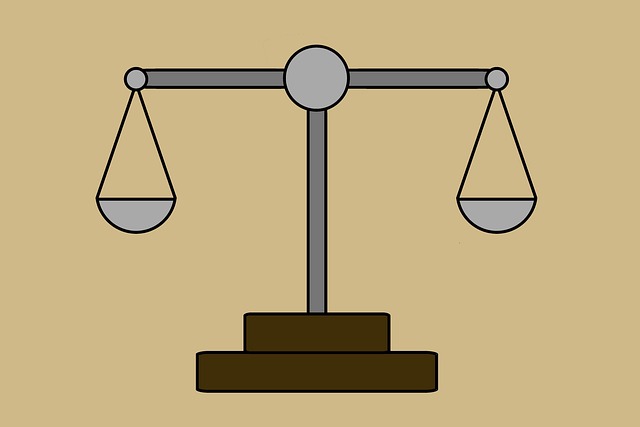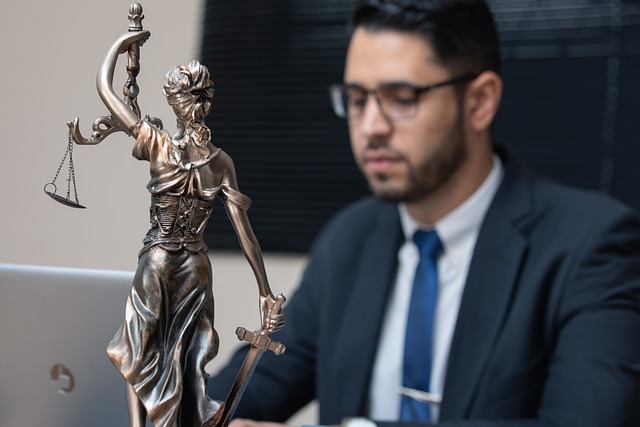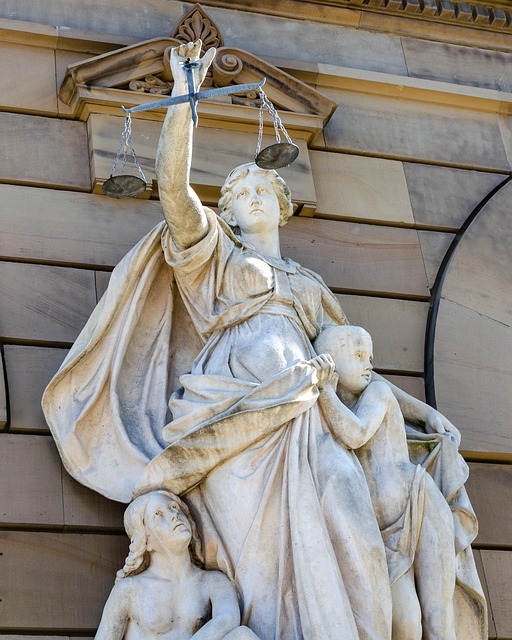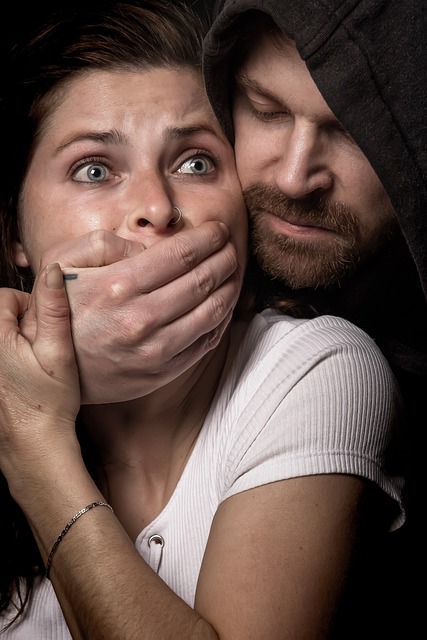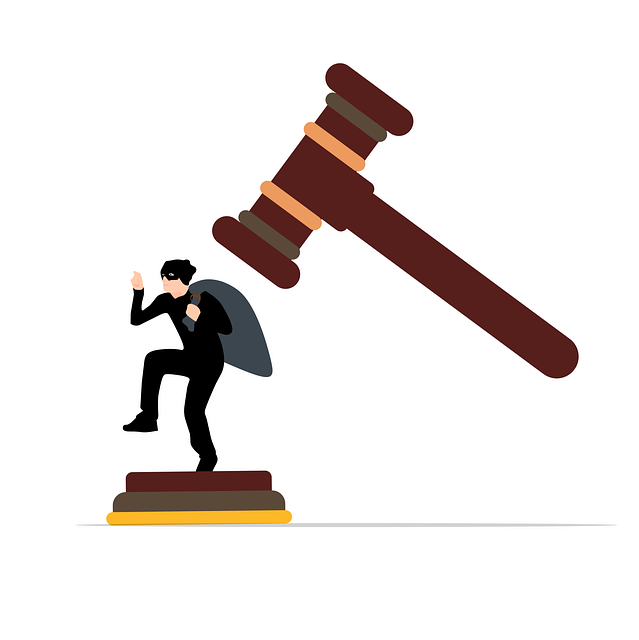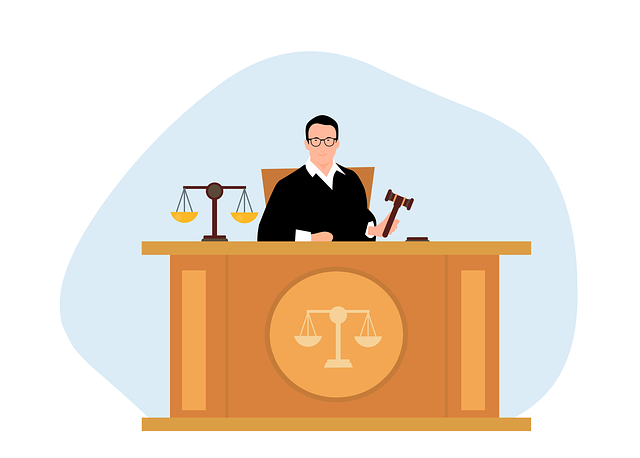Criminal justice defense disputes are complex, driven by miscommunications, procedural errors, and differing interpretations of evidence. Skilled lawyers navigate intricate legal procedures, constitutional rights, and tight deadlines to build robust defenses. They challenge witness testimonies, scrutinize police protocols, and leverage legal precedents, ensuring fair trials for clients through effective communication, strategic guidance, and open dialogue. Legal assistance is indispensable in these high-stakes cases, upholding the integrity of the criminal justice system by providing critical support throughout the judicial process.
In the intricate landscape of criminal justice defense, disputes can arise at every turn, demanding meticulous navigation. This article explores the critical role legal assistance plays in resolving these complex cases. We delve into common causes of criminal defense disputes, from procedural errors to evidentiary challenges, and examine how specialized support can streamline resolution. Furthermore, it outlines effective communication strategies between clients and lawyers, emphasizing collaboration for robust defenses. Understanding these dynamics is key to ensuring fairness within the justice system.
- Understanding Criminal Justice Defense Disputes: Common Causes and Challenges
- The Role of Legal Assistance in Resolving Complex Criminal Defense Cases
- Strategies for Effective Communication and Collaboration Between Clients and Lawyers
Understanding Criminal Justice Defense Disputes: Common Causes and Challenges

Criminal justice defense disputes arise from complex interactions between individuals, law enforcement, and the legal system. Common causes often stem from miscommunications, procedural errors, or disagreements over evidence interpretation. For instance, a defendant might dispute the admissibility of certain evidence, contending that it was obtained through illegal search or was mishandled during investigation. Challenges in these cases include navigating intricate legal procedures, understanding constitutional rights, and presenting compelling arguments within tight deadlines.
The dynamic nature of criminal justice defense demands meticulous attention to detail. Lawyers play a pivotal role in deciphering the nuances of the law and translating them into robust defenses for their clients. They must be adept at challenging witness testimonies, scrutinizing police protocols, and leveraging legal precedents to ensure fair trials. Effective representation involves a delicate balance between advocating for the defendant’s rights and navigating the intricate web of criminal justice procedures.
The Role of Legal Assistance in Resolving Complex Criminal Defense Cases

In complex criminal justice defense cases, legal assistance plays a pivotal role in navigating intricate legal landscapes and ensuring fair outcomes. These cases often involve sophisticated theories, extensive evidence, and high-stakes consequences for the accused. Legal professionals bring expertise to bear on such matters, providing critical support throughout the judicial process. They conduct thorough investigations, analyze complex laws and regulations, and craft strategic defenses tailored to each client’s unique circumstances.
Legal assistance empowers defendants by enabling them to understand their rights, challenge prosecutorial evidence, and navigate procedural hurdles. Through meticulous preparation, skilled advocates can uncover weaknesses in the prosecution’s case, present compelling alternative narratives, and advocate for favorable outcomes. Ultimately, legal professionals are instrumental in upholding the integrity of the criminal justice system, ensuring that every defendant receives a fair trial and has access to quality representation.
Strategies for Effective Communication and Collaboration Between Clients and Lawyers
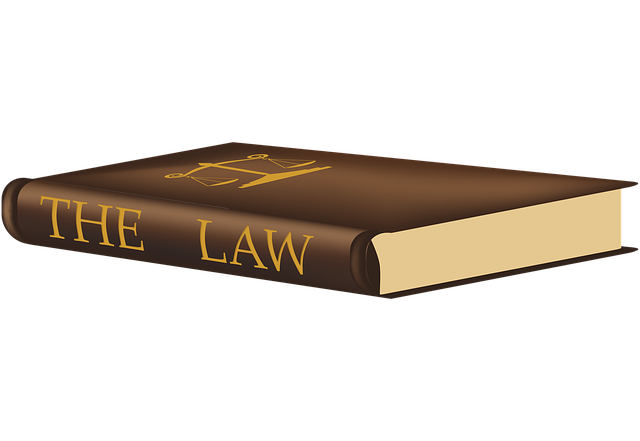
Effective communication is the cornerstone of successful collaboration between clients and their legal representatives in a criminal justice defense. Clients should feel comfortable discussing all aspects of their case, including evidence, potential arguments, and strategic options, with their lawyers. Open and honest dialogue fosters trust, ensuring that every relevant detail is considered during the legal process. This relationship becomes even more critical when navigating complex legal procedures and making vital decisions that could impact the outcome of a trial or plea negotiations.
Lawyers play a pivotal role in guiding clients through the intricacies of criminal defense by employing active listening skills and simplifying legal jargon. They should provide clear explanations of the law, potential consequences, and the pros and cons of different strategies. Regular meetings, accessible communication channels, and prompt responses to client inquiries are essential for building this partnership. Through these collaborative efforts, the legal team can develop a robust defense strategy tailored to their client’s unique circumstances.
